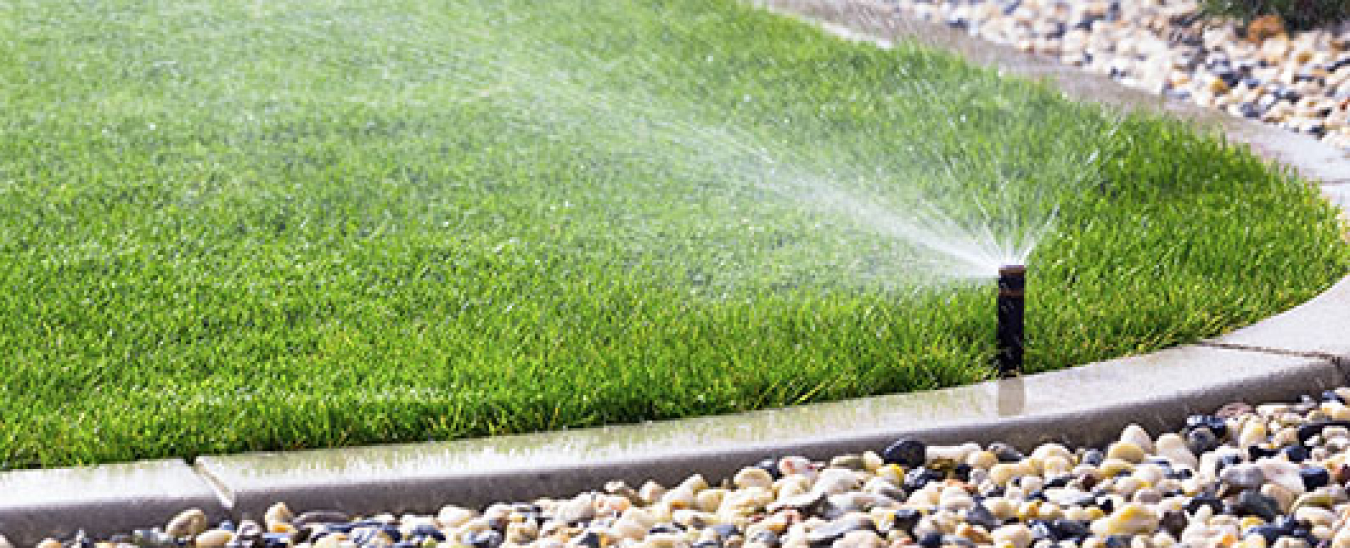Tech
Optimizing Residential Irrigation Systems for Efficiency

Optimizing Residential Irrigation Systems for Efficiency
Water conservation is a critical issue in many regions around the world, and the residential sector plays a pivotal role in addressing this challenge. Irrigation systems, often overlooked, can be significant sources of water waste if not managed properly. This article explores the various strategies and technologies available to optimize residential irrigation systems for maximum efficiency, thereby reducing water usage and contributing to a more sustainable environment.
The Importance of Efficient Irrigation Systems
Efficient irrigation systems are crucial for several reasons. Firstly, they help conserve water, a precious resource that is increasingly under pressure due to climate change and population growth. Secondly, by reducing water waste, homeowners can significantly cut down on their water bills. Finally, efficient systems ensure that plants and lawns receive the precise amount of water they need to thrive, enhancing the aesthetic appeal of residential properties.
Key Strategies for Optimizing Irrigation Systems
1. Smart Irrigation Controllers
Smart irrigation controllers are a game-changer in the field of residential irrigation. These devices use weather data and soil moisture levels to adjust watering schedules automatically. By doing so, they ensure that landscapes receive the right amount of water at the right time, eliminating overwatering and reducing water waste.
2. Drip Irrigation Systems
Drip irrigation systems deliver water directly to the plant roots, significantly reducing water loss due to evaporation and runoff. These systems are particularly effective for garden beds, shrubs, and trees. By targeting the root zone, drip irrigation promotes healthier plant growth and reduces the likelihood of weed growth, as the surrounding soil remains dry.
3. Regular System Maintenance
Regular maintenance of irrigation systems is essential for optimal performance. This includes checking for leaks, cleaning clogged nozzles, and adjusting spray patterns to ensure uniform water distribution. Homeowners should also inspect their systems for any signs of wear and tear and replace faulty components as needed.
4. Rainwater Harvesting
Incorporating rainwater harvesting into residential irrigation systems is an effective way to reduce reliance on municipal water supplies. By collecting and storing rainwater, homeowners can provide a sustainable source of water for their landscapes, particularly during dry spells.
The Role of Professional Services
While DIY optimization strategies can be effective, enlisting the help of professionals can further enhance the efficiency of residential irrigation systems. Expert services, such as Huntsville Irrigation services, offer comprehensive assessments and tailored solutions to meet the unique needs of each property. These professionals have the expertise to install advanced systems, perform regular maintenance, and provide invaluable advice on water-saving techniques.
Conclusion
Optimizing residential irrigation systems for efficiency is a crucial step towards water conservation and sustainable living. By adopting smart technologies, implementing efficient watering practices, and seeking professional guidance, homeowners can significantly reduce their water usage while maintaining beautiful and healthy landscapes. As water resources become increasingly scarce, making these changes is not just beneficial but necessary for the future of our environment.
For those interested in exploring professional solutions, services like Huntsville Irrigation services can provide customized and efficient irrigation strategies for your home.
